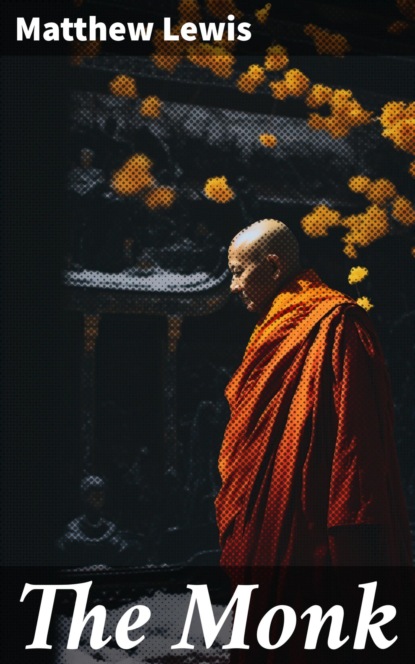Sayfa sayısı 540 sayfa
0+

Kitap hakkında
Matthew Lewis's «The Monk» stands as a pioneering work within the Gothic literature tradition, weaving a darkly intricate tale of desire, corruption, and religious hypocrisy. Through the journey of Ambrosio, a monk seduced by demonic powers and his own repressed lust, Lewis explores themes of moral decay and the duality of human nature. The novel's vivid and often unsettling imagery, coupled with its unflinching portrayal of transgression, reflects the anxieties of late 18th-century Europe, where Enlightenment ideals collided with the strictures of religious dogma. Lewis, a notable figure of the Romantic era, began writing «The Monk» at the young age of 19, likely influenced by his own struggles between societal expectations and personal desires. His aristocratic upbringing and exposure to the philosophical debates of the time shaped his understanding of the psychological complexities inherent within his characters. This exploration of forbidden themes can be seen as a precursor to the more extensive examinations of the human psyche that would characterize later Gothic fiction. Readers captivated by dark romance and psychological intrigue will find «The Monk» an essential addition to their literary canon. Its exploration of forbidden passions and the consequences of unchecked ambition resonates across the centuries, inviting reflection on the nature of virtue and vice. Lewis's masterful storytelling ensures the novel remains an incisive commentary on the human condition, making this work a timeless classic.
In this enriched edition, we have carefully created added value for your reading experience:
– A succinct Introduction situates the work's timeless appeal and themes.
– The Synopsis outlines the central plot, highlighting key developments without spoiling critical twists.
– A detailed Historical Context immerses you in the era's events and influences that shaped the writing.
– A thorough Analysis dissects symbols, motifs, and character arcs to unearth underlying meanings.
– Reflection questions prompt you to engage personally with the work's messages, connecting them to modern life.
– Hand‐picked Memorable Quotes shine a spotlight on moments of literary brilliance.
– Interactive footnotes clarify unusual references, historical allusions, and archaic phrases for an effortless, more informed read.
